#s4e22
Text
"You are a better man than your daddy ever was. So you do both of us a favor: don't be him." Bobby Fucking Singer I LOVE YOU
261 notes
·
View notes
Text
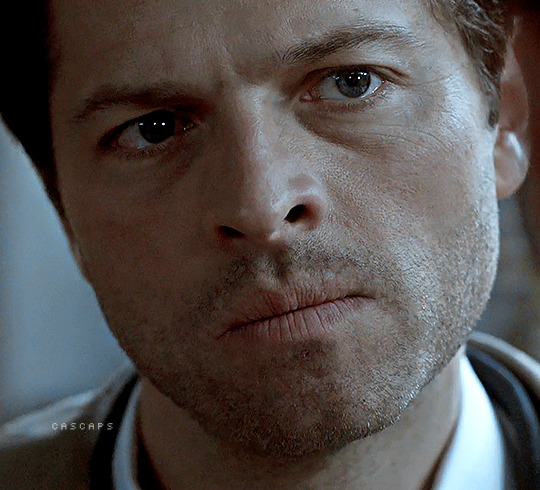

#mishaedit#mishacollinsedit#castiel#spncastiel#castieledit#spn castiel#spn#supernatural#spnedit#spndaily#*#by kya#s4#s4e22
170 notes
·
View notes
Text

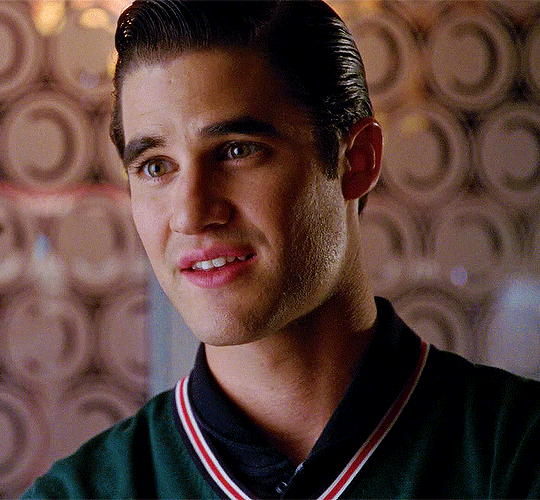
80 notes
·
View notes
Text
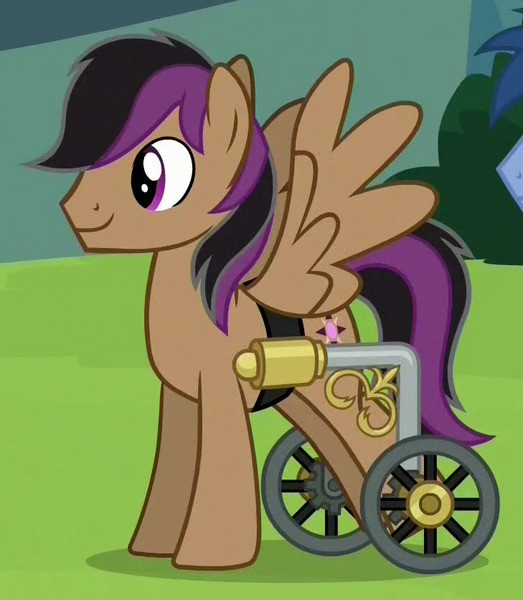
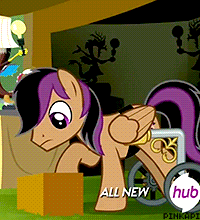
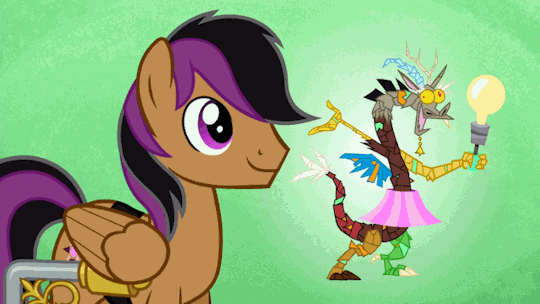

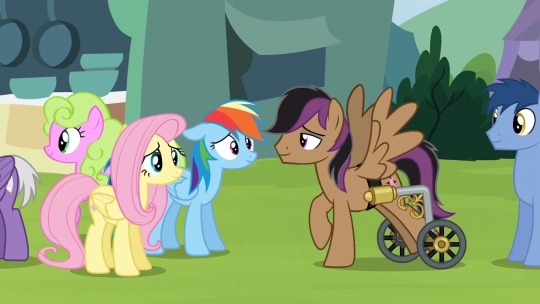
🌕🌑Stellar Eclipse! A dealer at the Rainbow Falls Traders Exchange.
34 notes
·
View notes
Text
Today is June 25, and today's leap is:
A Leap for Lisa (S4, E22)
June 25, 1957

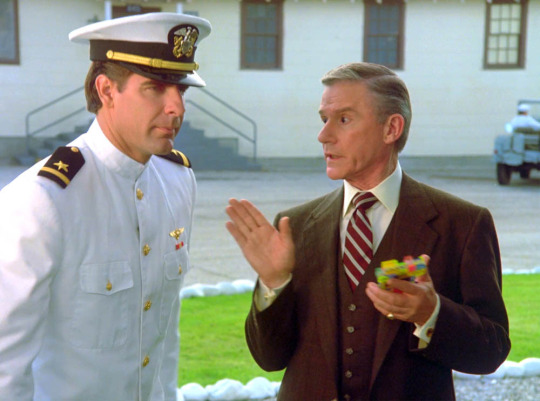

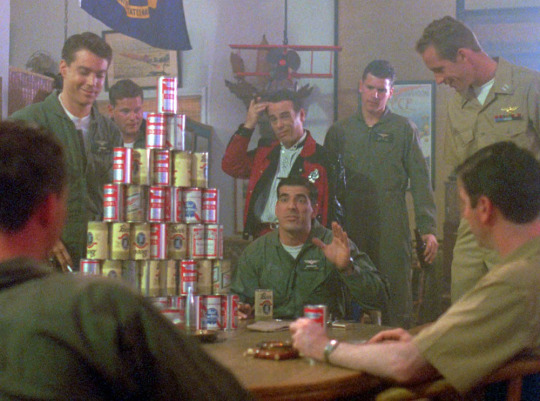
22 notes
·
View notes
Text
Buffy, Aslan and The Apocalypse - The Christian Undertones of Restless
Speaking as an atheist, I've always been fascinated by the Christian parallels which seem to permeate the entire work of Buffy The Vampire Slayer. But while I think such religious links are usually highlighted or explored whenever they come up in the text, I don't think I've ever read an analysis of Restless that even scratched the surface when it comes to its deep-seated interest in drawing comparisons between Buffy and The Christ. So, I decided to give it a try and attempt at verbalizing my thoughts on the episode regarding the specific religious thematic nucleus and imagery.
There have already been numerous instances, before Restless aired, wherein the show has deliberately drawn several parallels between Buffy (The Slayer) and Christ (The Savior). Buffy actively fights against the forces of Evil - vampires and demons which, under strict religious lens, could be interpreted as the embodiments of Sin, conceived as a kind of plague capable of multiplying and corrupting the Earth. She does that by wielding tools and objects whose conceptual implications frequently refer to Christian iconography or tradition (wooden or silver crosses, holy water, etc.). Under this framework of analysis, Buffy is exceptional as The Chosen One whose explicit role lies in eradicating Sin, or preventing it from spreading all over the world and conquering it. This state of affairs puts her above all the other human beings because of a string of specific characteristics which steam from that role (in her case, superpowers) in a not-so-different way than how all of this works for Christ Himself who, according to the Bible, descended on Earth with the specific intent to purify the planet and, as The Chosen One (The Son Of God), can likewise claim a wide range of characteristics other people don't possess - specifically, immunity from the Original Sin.
The religious allegory comes under intense narrative focus particularly during Prophecy Girl (S1E12). The Master, who is confined underground, symbolizes the Original Sin. The Anointed One, who is destined to lead the Slayer (Savior) towards the Original Sin, embodies the Serpent whose corruptive action condemns humanity as a whole to be excluded from Eden. In this circumstance, Buffy is wearing a white dress whose purpose is to suggest both her state of purity (defined as the absence of Sin) and her preparatory phase of pre-baptismal existence. White is also the color of God's Lamb, which is a direct reference to Christ. The moment when the Master bites Buffy and a solitary tear runs down her left cheek explicitly conjures the image of both the specific salvific action aimed at absorbing the Original Sin (the tear as the emblematic representation of the experience of the world's evils) and the potential consequence of Eden being corrupted through the alteration of a condition of untouched purity (picking the apple from the Forbidden Tree). The Master is therefore able to leave his underground prison and invade the outside world ("My world, my beautiful world!"), symbolizing the creation and spread of the Original Sin and the trasformation of Eden, which goes from being a terrestrial Paradise to a corrupted world where men and women are no longer "side by side with God", but have now to deal with Death and Sin.
What truly makes a difference, though, is that Buffy's decision to "pick the apple" doesn't originate from her insubordination against God's will (unlike that of Adam and Eve), but from her acceptance of God's own plan, once we take into account the Prophecy claiming that the Slayer will die while facing the Master as being metaphorically representative of God's Word. Buffy ultimately agrees on being guided to the Master's lair (and therefore, to the Original Sin) because that's what God intended for her, and it's precisely because of her acceptance of her own mortality and of the need to self-sacrifice that she's able to remain uncorrupted by Sin. Unlike Adam and Eve, she doesn't disobey God - she doesn't turn her back from her destiny, but she faces it head-on, knowing full well that her death, aimed at safeguarding the rest of humanity from Sin, is a salvific act on her part. Like Christ, she accepts to sacrifice herself for humanity as decreed by God's Word. She doesn't head towards the Original Sin because she's being seduced by her own curiosity, or because she possesses the kind of hubris or arrogance that can lead her to think that she might overpower the Master. She heads towards the Original Sin because of a deep-seated sense of duty, sacrifice and acceptance of what was prophesized about her. It's therefore not accidental that the Original Sin leads her to fall into a puddle of water. The idea of the puddle of water as a baptismal font is visually suggested by the scene, wherein a still pure and uncorrupted (white-dressed) Buffy undergoes a kind of baptism comparable to the one Christ received from John the Baptist.
While watching Restless we most definitely learn that Xander symbolically represents Buffy's Heart. This newly gained bit of knowledge allows us to retroactively interpret this scene as featuring a "resurrection" process that Buffy is able to go through specifically because of the purity of her Heart - which is not that different from what constitutes the reason behind Christ's own resurrection. At the same time, the scene also suggests the occurrence of a kind of Baptism: Buffy experiences a rebirth from the water and resurfaces stronger than before ("I feel strong. I feel different."). It's the purity of her Heart, which cannot be fazed or touched by the Original Sin, that allows her to re-emerge. The secondary presence of Angel in this scene (in its literal meaning of "angel" as in, God's emissary) implicitly recalls the fall of the Holy Spirit in front of The Christ right after his own baptism.
So, the show openly nurtures an allegorical interpretation that puts Buffy and Christ as comparable, parallel figures, and this same parallelism comes back in Restless, albeit in alternative ways.
In Willow's dream, wherein we definitely discover that she represents Buffy's Spirit (as in Pneuma, or the "vital breath" that animates the Body), this same parallelism is introduced once again by drawing an explicit link to S1. I know it's been talked at length about how Willow's role, specifically during S1, vastly lies in triggering Buffy's emotional catalysis. It's the circumstance of Willow suddenly finding herself in danger that ultimately leads Buffy to discard the idea of turning her back from her Call during Welcome To The Hellmouth (S1E1), and it's Willow's own trauma in Prophecy Girl (S1E12) that ultimately defines Buffy's choice to radically accept her destiny. Willow is the Spirit whose task is to vitalize Buffy-The-Entity and to set a specific course of action in motion for the Body to act and operate from. It's therefore not at all surprising that the first instance of comparison between Buffy and Christ steams from Willow herself in this episode. At first, we are led once again - following S3's footsteps - to view a feline (specifically, a cat) as a personification of The Slayer - Miss Kitty Fantastico, Willow and Tara's own pet, takes the symbolic role of The First Slayer in the first stage of the dream, stalking towards the camera with an explicit predatory vibe that makes the attitude of the cat look more like that of a panther, or a lion cub even. But it's only by the end of Willow's dream sequence that the religious allegory takes explicit form. Willow, wearing a carbon-copy of the dress we were introduced to her with during Welcome To The Hellmouth (S1E1), announces that she spent her summer reading C.S. Lewis's "The Lion, The Witch And The Wardrobe" (1950), and mentions that the novel deals with a lot of important themes. Of course, the most important theme lies in the Christian interpretation: Aslan - other than being a huge predatory feline (lion), also another representation of The Savior, tying the three characters (Buffy, Christ and Aslan) together in a thematically clear thread - sacrifices himself on a stone table in order to grant Edmund Pevensie atonement for his Sins, and comes back to life one day later, in a not-so-different dynamic than the one Buffy herself went through after confronting the Master. But the Willow we see now, coming right off the pilot of the show, is way too premature in presenting Buffy with this particular role: as proof of that, we see Xander (Buffy's Heart) channeling the same reticence and opposition that Buffy herself had towards her own Call during that same episode ("Who cares?!"), and Buffy herself is shown steadily holding a vacuous, detached expression while her own Spirit gets ferociously assaulted. Buffy is Aslan, but she's not ready to recognize it yet.
In Xander's dream - wherein, as I've already said, we learn that he represents Buffy's Heart - the parallelism between Buffy and Aslan is evoked once again during the scene when Principal Snyder appears. That scene is susceptible to different interpretations depending on how exactly we evaluate Xander in that moment - if we consider Xander as an independent character who's undergoing self-exploration in his own narrative, or if we take him as a symbolic embodiment of a specific role he plays in constituting Buffy-The-Entity. In the latter case, where Xander is the Heart, Principal Snyder represents the First Slayer. The parallelism becomes apparent as soon as Snyder refers to Xander as a "whipping boy, raised by mongrels and set on a sacrificial stone". Historically, a "whipping boy" is a (usually male) slave or individual without choice whose role involves undergoing corporal punishments on behalf of a prince or a nobleman he belongs to. Presently, the term is broadly used to refer to anyone who finds themselves having to pay or suffer consequences for the choices or actions of someone else, or anyone who is stuck in the position of having to sacrifice themselves on behalf of others. The explicit reference is to Buffy's own pre-acceptance phase, wherein her Heart has not yet come to terms with the fact that having to surrender her own life to save all humanity is the kind of sacrifice her role is bound to force on her (one that has already forced on her, and will force on her again). Her resentment at the injustice of her role filters through the use of the term "mongrels" to likely describe the Watchers (who raise the Slayers into accepting this role, in a way), while the explicit mention of the Sacrificial Stone recalls Aslan's own sacrifice in C.S. Lewis's aforementioned novel - which the Lion undergoes after being whipped, mocked and abused.
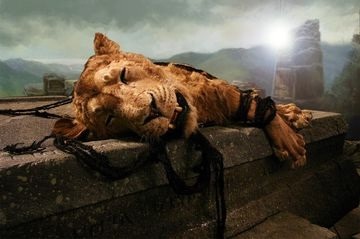
If in the first dream sequence we see that Buffy's Spirit (Willow) finds itself in complete disconnection with her Heart (Xander) and Body (Buffy), and in the second dream sequence we see that Buffy's Heart feels victimized ("whipping boy"), neglected ("raised by mongrels") and unfairly sacrificed ("set on a sacrificial stone"), then it's within the third dream sequence, Giles's (who represents Buffy's Mind), that we can successfully locate the ultimate acceptance of this self-sacrificial circumstance, and witness how that gets integrated into Buffy-The-Entity. If we go through Giles' entire dream under the presupposition that he's operating as Buffy's Mind, it follows, according to what we are precisely shown, that Buffy is still seeing herself as little more than a child who shouldn't be expected to undergo the same kind of sacrifice that Aslan (The Christ) faces, while simoultaneously being aware, on a purely rational standpoint, of it being a necessary component of the duty that it's her job to fulfill. The entire sequence is about the reconciliation, within Buffy's own Mind, of these two seemingly contradictory aspects. Almost absent-mindedly and with evident disregard, Giles recites the concept that Buffy needs to fully embrace ("The blood of the lamb and all that") suggesting reluctance at first, but he's put in front of the reality of things soon enough: after taking a final glance at a crying Olivia with a stroll turned upside down beside her (which substantially symbolizes Buffy's grief towards the loss of a condition of pre-acceptance and the loss of her own indulgence into the childish desire of having a normal life), Buffy's Mind ultimately focuses on Spike. The ultimate acceptance of the notion of sacrifice and of her role as Savior (Slayer) materializes in the exclamations of relief and bliss that the mass of photographers produce as soon as Spike, in a visibly liberating gesture, ends the shooting by posing in such a way as to recall the Biblical Crucifixion of Christ. This is, of course, all foreshadowing to The Gift (S5E22).
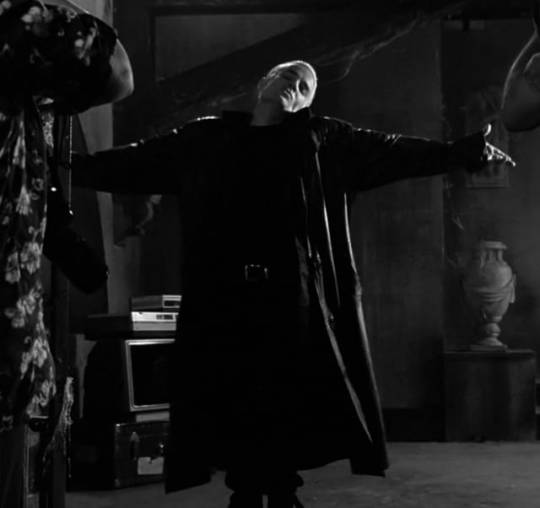
In Buffy's own dream, we witness a last initial attempt at resistance at this newly gained realization ("Buffy, you have to get up right away!" "I'm not really in charge of these things."), which quite rapidly turns into a spasmodic research of her friends. The Body alone isn't enough - it has to be reunited with the Spirit, Heart and Mind. Significant relevance, within this interpretation, lies in Buffy's dress during the dream - while still being fundamentally white (meaning absence of Sin, recalling her Prophecy Girl dress), this time it showcases a motif of cherries - fruit whose symbolic role is to represent the sacrifice of The Warrior, and which is also known as "The Fruit of Paradise". During the confrontation scene between the two Slayers, Sineya (The First) reminds Buffy that "The Slayer does not walk into this world" - what is being demanded of Buffy is that she recognizes her celestial (as in non-terrestrial, otherworldly) destiny and cuts herself off from the humanity she's expected to sacrifice for not only emotionally, but also physically. Buffy replies by underlining the importance of the Body ("I walk. I talk. I shop. I sneeze.") and thereby of the individual, while at the same time showcasing a definite acceptance at her own predestination provided by the cumulative integration of the previous dream sequences the other three elements constituting Buffy-The-Entity already experienced. The phrase "I'm gonna be a fireman when the floods roll back" is an explicit reference to The Bible and to two different apocalyptic scenarios. According to the Scriptures, the first "end of the world" kind of situation manifests itself through Water - Genesis' Flood, which God arranges in order to clean the Earth from corruption. By mentioning a return of the cataclysm, Buffy implicitly identifies herself with Noah's figure and role in building the Ark which granted him the ability to perform the salvific act of safeguarding humanity from total destruction. At the same time, though, she explicitly calls herself a "fireman", thereby also mentioning the second big "purification" - that of The Last Judgment, manifesting itself through Fire.
2 Peter 3:10 But the day of the Lord will come as a thief in the night; in the which the heavens shall pass away with a great noise, and the elements shall melt with fervent heat, the Earth also and the works that are therein shall be burned up.
With a single statement Buffy frames herself as The Savior of humanity in not one, but two apocalyptic circumstances. She is both the Ark that carries the remaining part of humanity to safety through the biblical floods, and the Fireman who is going to quench the fire during the final judgment.
The actual, definitive parallelism with Aslan's character (in itself an alternative, fictional personification of Christ), though, ultimately comes up when we take into consideration the events C.S. Lewis recounts in the final volume of The Chronicles Of Narnia, "The Last Battle" (1956). In that novel, Aslan himself brings about the Apocalypse. Dragons and giant lizards invade the Earth and destroy all vegetation with fire, the stars plummet down from the Sky and Aslan ultimately saves humanity allowing those "pure of heart" to enter the Real Narnia - which is an Eden-like Paradise whose appearance is indistinguishable from that of the Old Narnia (Earth), but that's also devoid of corruptibility and Original Sin. Those "impure of heart" perish in the imperfect copy of the actual world under the weight of the fire, leading Aslan to be accurately described through the very same expression Buffy uses here to identify herself: that of a Fireman - as in, someone who doesn't quench just the literal fire, thereby granting humanity safety and protection, but also the metaphorical representation of Sin itself.
Restless ends by letting us understand that within Buffy herself lies a dormant Aslan capable of doing that very same thing - of bringing forth a change so drastic and fundamental to not only save but also revolutionize humanity; of taking the entirety of Earth to a "higher level" wherein the Original Sin (that is, the very intrinstic nature of a broken, corruptible system) is finally eradicated; and of establishing a new kind of equilibrium in the co-existence of those pure and impure of heart. It's of particular importance, under this lens, to consider the fact that, as long as the Body (Buffy) is alone, she's vulnerable to the attack of that very system - the First Slayer has no problems striking effective blows against her in the middle of the desert, not so differently than how the Master was able to inflict an effective bite on her while she was alone in his lair. But as soon as the Body is reunited with the other parts and they get integrated within a singular, functional Entity, those same attacks cease to have any and all efficacy or effect - the Original Sin becomes insignificant, easily washed away by a baptism. In the desert, like in the sewers, Buffy is fragmented and exposed; within the walls of her home, or in the company of her friends, she's complete and invulnerable.
Because, as Aslan's character exists in this episode to precociously demonstrate, and as Buffy herself will come to finally understand and embrace in Chosen (S7E22), the key to truly save the world lies, ultimately, in changing it.
#buffy the vampire slayer#btvs#s4e22#restless#btvs meta#btvs analysis#christianity#religion#the chronicles of narnia#c.s. lewis#the lion the witch and the wardrobe#the last battle#aslan#btvs s4#narnia meta#buffy is aslan and is christ#buffy summers#xander harris#rupert giles#willow rosenberg#scooby gang#the core four#buffy meta#btvs spike#bible#original sin#the master#aslan the lion
20 notes
·
View notes
Text

19 notes
·
View notes
Text
I just finished season four of Spn, on my way to completing season 1 of Yellowjackets, a very intense day.
#elvis bashes these bros#elvis's gay little soccer girls#s4e22#s2e10#yellowjackets#yellowjackets show#yellowjackets96#yellowjackets21#supernatural#spn#spn liveblog#supernatural liveblogging#yellowjackets liveblog
9 notes
·
View notes
Text
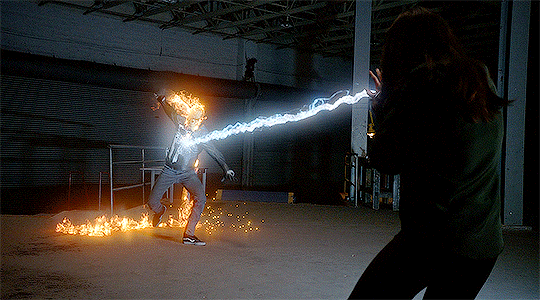
Agents of S.H.I.E.L.D. (4ª Temp.)
Episodio 22: ''World's End''
• Dirección: Billy Gierhart
• Guion: Jeffrey Bell
• Cinematografía: Allan Westbrook
• Cast: Gabriel Luna, Mallory Jansen
#Gif#Serie#Universo Cinematográfico de Marvel#Agents of S.H.I.E.L.D.#4ª Temporada#Episodio 22#Season 4#Episode 22#4x22#S4E22#World's End#Billy Gierhart#Jeffrey Bell#Allan Westbrook#Gabriel Luna#Mallory Jansen#MCU#Ghost Rider#Aida#Robbie Reyes#Marvel Cinematic Universe#Marvel#TV Series#2017#10s
4 notes
·
View notes
Text
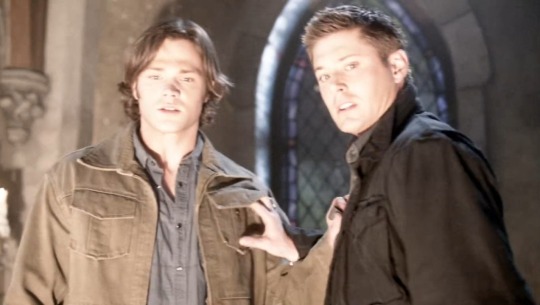
11 notes
·
View notes
Text
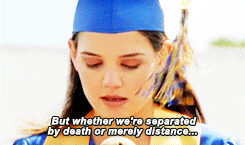



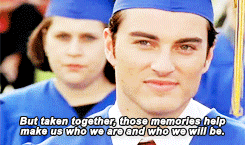





Dawson’s Creek S4.E21 “Separation Anxiety” + S4.E22 “The Graduate”
Joey: But whether we’re separated by death or merely distance, I know they’re still with me because I keep them in my heart. The truth is, that’s all that we’re going to be to each other anyway, this population of memories. Some wonderful and endearing, some less so. But taken together, those memories help make us who we are and who we will be. So whether you’re here with each other now or you’re merely in each other’s thoughts, remember each other on that road ahead. And I hope that no matter where your travels lead you in this life, you’ll always take Capeside with you.
3 notes
·
View notes
Text
HOW ARE THEY GONNA GIVE ME A CHENFORD KISS AND THEN FOCUS ALL ON NOLAN???? LIKE GOOD ON YOU FRONTERA GANG BUT WHERES CHENFORDDDD
9 notes
·
View notes
Text

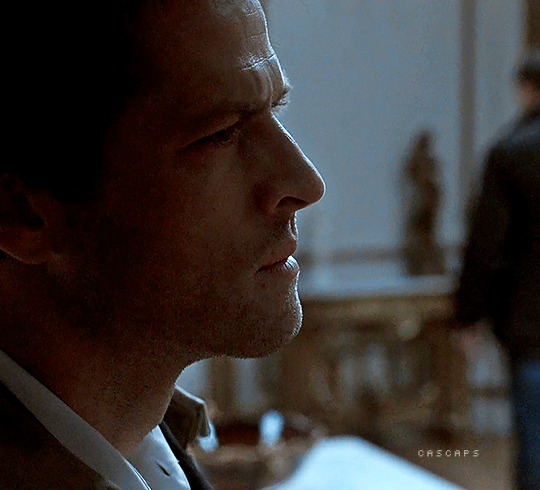
#mishaedit#mishacollinsedit#castiel#spncastiel#castieledit#spn castiel#spn#supernatural#spnedit#spndaily#*#by kya#s4#s4e22
189 notes
·
View notes
Text
“It’s not your fault Apirl”
Hmmmmmmmmmmmm have to agree on this one leo. Also Donnie isn’t dead just scattered? Wouldn’t that defeat the purpose of “cleansing”?
2 notes
·
View notes
Text
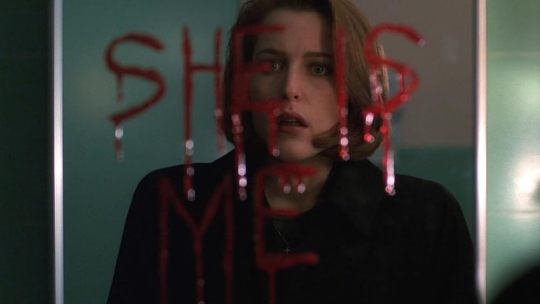
Gillian Anderson in The X-Files (1993) Elegy
S4E22
Mulder and Scully investigate a series of deaths after reports that people are seeing the victims' ghosts just before they die. All of the victims were young women and in the most recent case, a bowling alley owner saw the victim's spirit floating above the pin setting machine at the end of one of the lanes. When they examine the bowling lane, they find the message 'she is me' etched into the wood. Harold Spuller works at the bowling alley and is slightly autistic. He lives in an institutional setting and to the local police, he is the prime suspect. Mulder begins to believe there is a psychic connection between the victims and the people seeing their ghosts. It bodes ill for Scully who is still having nose bleeds and then sees a victim's spirit with the 'she is me' message in a bathroom mirror.
*John Shiban was inspired to write this episode after his wife's father, who was dying, professed to see visions.
#The X-Files#1993#1997 episode#Elegy#S4E22#Mulder#Scully#Gillian Anderson#She is me#apparitions#ghosts#autistic#victim`s spirit#investigation#crime#drama#mystery#scifi#just watched
0 notes
Text
Referencing the utopia show (Star Trek) nonstop while waiting for the apocalypse to start is the most relatable thing a character could do and Dean Winchester did just that
0 notes